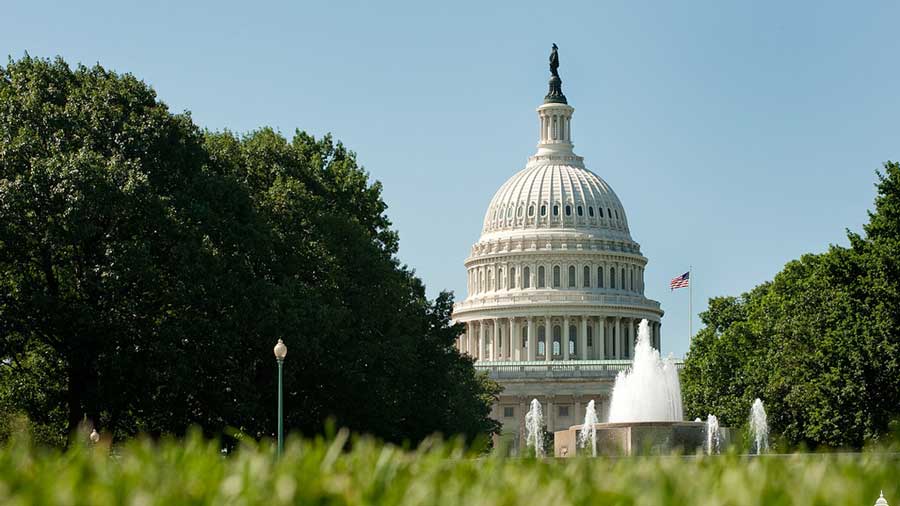GOP Senators Question Google Over Huawei Smart Speaker

The smarter way to stay on top of broadcasting and cable industry. Sign up below
You are now subscribed
Your newsletter sign-up was successful
A trio of Senate Republicans are looking for a response from Google to reports it was working with Chinese telecom Huawei on a smart speaker and had a closer relationship than previously thought.
Related: Trump, Tech Companies Agree Huawei Needs Restrictions
Huawei has been identified by U.S. national security officials as a potential security risk given its close ties to the Chinese government, ties Huawei denies. The Trump Administration and Congress have both made moves to limit or exclude Huawei presence in U.S. 5G networks, but the President has also signaled that limitation could be a bargaining chip in trade talks with the country.
Related: Huawei Says Executive Order Will Handicap 5G Race
“These devices can enable untrustworthy companies to listen in on Americans’ conversations," wrote Sens. Josh Hawley (Mo.), Tom Cotton (Ark.) and Marco Rubio (Fla.) in a letter Wednesday (Aug. 7) to Google CEO Sundar Pichai. "Your attempts three weeks ago to downplay your involvement in China, plus new revelations about your close relationship with Huawei, raise serious questions. . . [I]t is hard to interpret your decision to help Huawei place listening devices into millions of American homes as anything other than putting profits before country.”
Sen. Hawley has been a leading critic of Big Tech, while Rubio has been a leading critic of Huawei in particular, including working to get its technology off the books of government contracts.
The senators said they wanted answers to the following questions by Aug. 30:
The smarter way to stay on top of broadcasting and cable industry. Sign up below
"Why did you partner with Huawei to develop listening devices for use in the United States?
"Why did you continue that partnership even after the Department of Justice released an indictment charging that Huawei, as the Washington Post put it, “is determined to succeed by using theft and duplicity”?
"What did you learn about national security vulnerabilities with listening devices while working with Huawei, and what steps, if any, did you take to eliminate national security risks from these devices?
"What consideration, if any, did you give to the national security risk posed by Huawei before agreeing to work with them on this sensitive project?
"The reports about this project state that you “suspended” the project because Huawei was placed on a trade blacklist. Do you plan to resume helping Huawei install listening devices into American homes if the blacklist is lifted?"
"We wish we were shocked," they said, "but your record around China reveals a string of acts that appear designed to gain favor with the Communist Chinese Party, often at the expense of Americans."
“We have no smart speakers in development with Huawei and will always prioritize privacy and security," said a Google spokesperson.
President Donald Trump has also been taking aim at Google on Twitter this week after an ex-engineer there claimed he was fired for anti-conservative bias; there were also reports the engineer had been let go after defending white nationalists. The President said his Administration was "watching Google very closely."
Contributing editor John Eggerton has been an editor and/or writer on media regulation, legislation and policy for over four decades, including covering the FCC, FTC, Congress, the major media trade associations, and the federal courts. In addition to Multichannel News and Broadcasting + Cable, his work has appeared in Radio World, TV Technology, TV Fax, This Week in Consumer Electronics, Variety and the Encyclopedia Britannica.

